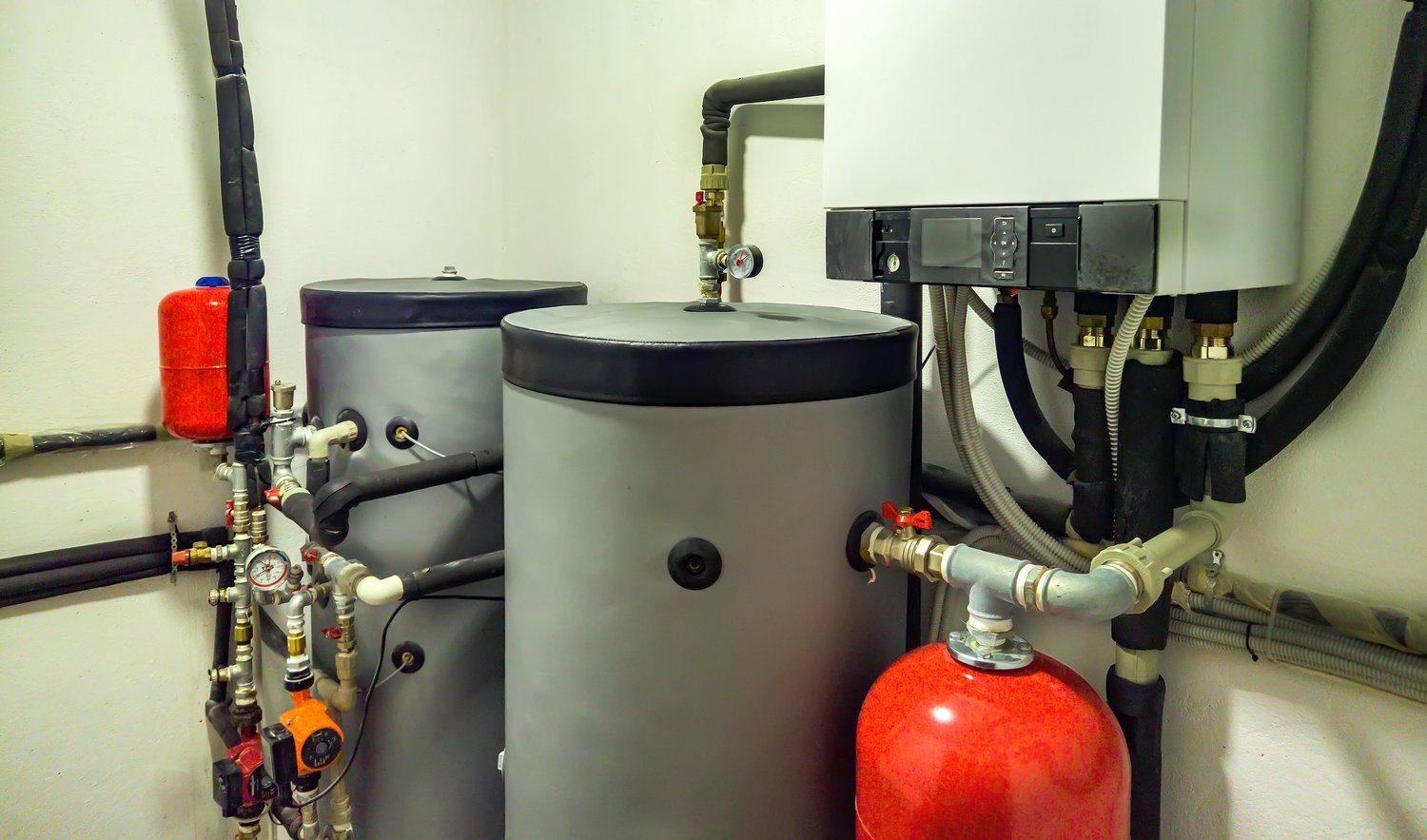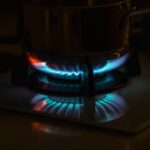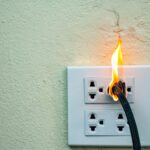The decision between an electric and a gas water heater isn’t just about initial costs—it’s a choice that impacts installation complexity, energy consumption, and long-term budget. In this article, we delve into the critical differences in installation requirements and energy costs, providing valuable insights to aid your decision-making process whether for your home or business.
- Installation Requirements: Discover the specific components and steps needed for safe and efficient electric and gas water heater installations.
- Electric Installation Insights: Learn about electrical considerations, space needs, and safety precautions crucial for electric water heaters.
- Energy Costs Analysis: Explore the long-term savings and efficiencies of electric versus gas water heaters to find the optimal option for your needs.
By understanding these critical factors, you’ll be equipped to choose a water heater that not only meets your current needs but also supports long-term energy efficiency and cost savings. Dive into the details within the article to ensure informed and practical choices for lasting benefits.
Understanding Installation Requirements for Electric vs. Gas Water Heaters
Choosing between electric and gas water heaters requires an understanding of their distinct installation requirements. Each type has unique components and procedures, crucial for achieving optimal safety and efficiency.
Electric Water Heater Installation: The process for installing an electric water heater primarily revolves around ensuring accurate electrical connections. This type typically demands a dedicated circuit with appropriate amperage, making the services of a certified electrician indispensable. Additionally, it is crucial to check local building codes to comply with legal standards.
Gas Water Heater Installation: Gas water heaters require more extensive preparation compared to their electric counterparts. A key element is the connection to a natural gas line, which must be conducted by a qualified professional adhering to safety regulations. Proper venting is also necessary to expel combustion gases effectively. Installing a gas water heater involves site preparation to ensure it meets venting and clearance guidelines for efficient operation.
Both electric and gas water heaters have specific installation prerequisites that impact their overall efficiency and safety. Taking the necessary precautions and employing professional services can ensure that your water heater operates efficiently and safely.
Safety and Efficiency in Electric Water Heater Installations
Installing an electric water heater involves meticulous attention to electrical safety. Begin with ensuring a dedicated power supply that matches the heater’s power requirements. It’s vital to check the voltage and current ratings to prevent electrical hazards.
Space is another important consideration in electric water heater installations. Position the heater in a well-ventilated area, providing adequate clearance for future maintenance or repairs. Optimal placement contributes to both safety and operational efficiency.
Safety precautions are paramount in minimizing risks. Use only approved electrical fixtures and components to avoid potential failures. Employ surge protectors to safeguard against power fluctuations. Regular maintenance checks can ensure the longevity and efficiency of your water heater.
By addressing these specific electrical considerations and space requirements, you can enhance the energy efficiency and safety of your electric water heater installation, ensuring reliable hot water supply for your home or business.
Analyzing Energy Costs: Electric vs. Gas Water Heaters
When determining the right water heater for your home or business, understanding energy costs is crucial. Both electric and gas water heaters have distinct operational costs that impact your utility bills over time. This section will explore the long-term energy consumption of electric and gas water heaters, helping you identify potential savings and efficiencies.
Electric water heaters are known for their high efficiency, often converting up to 98% of the energy they consume into hot water. This efficiency means that despite potentially higher electricity rates, the actual energy wasted is minimal. However, it’s important to note that electric heaters may have higher monthly costs in regions where electricity is expensive.
On the other hand, gas water heaters typically have a lower purchase price and can be more economical if natural gas prices are favorable in your area. Although their efficiency rates range between 60% and 70%, advancements in tankless gas water heater technology have brought better energy conservation. However, it’s important to consider potential fluctuations in gas prices that can influence your long-term expenses.
The choice between electric and gas water heaters requires a careful assessment of your local energy prices and efficiency ratings. Understanding the balance between upfront costs, energy consumption, and utility rates will help you make an informed decision. Over the lifespan of the appliance, energy savings can significantly contribute to reducing your overall operating expenses, ensuring that your investment remains cost-effective and aligned with your budgetary needs.
Frequently Asked Questions about Electric and Gas Water Heaters
What are the main installation differences between electric and gas water heaters?
Electric water heaters require a dedicated electrical circuit, while gas water heaters need proper ventilation and a gas line connection.
Which type of water heater is more energy-efficient?
Gas water heaters are generally more energy-efficient in terms of operation costs, but it depends on local utility rates.
Is the maintenance required the same for both types of water heaters?
Maintenance varies: gas models need regular ventilation checks, while electric models require electrical inspections.
Are electric water heaters safer than gas models?
Electric water heaters are typically considered safer because they don’t involve combustion or gas lines.
How can I determine the right size of water heater for my needs?
Consider the number of people and usage patterns, and consult with a specialist for specific recommendations.





